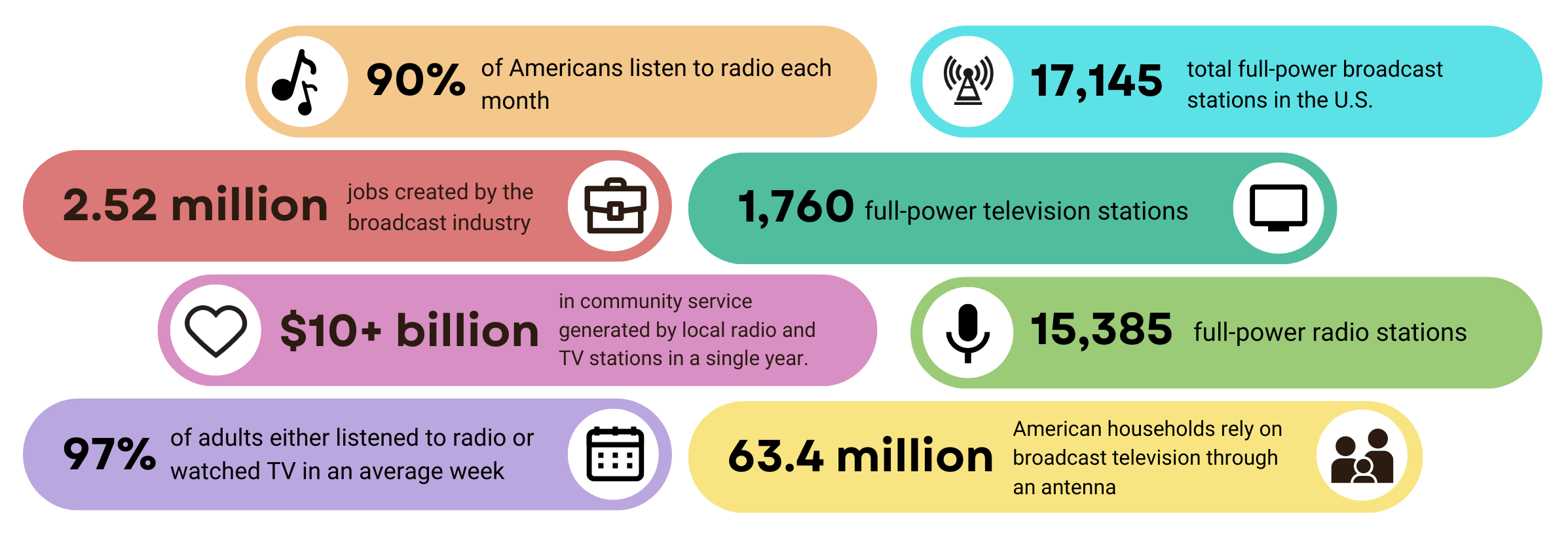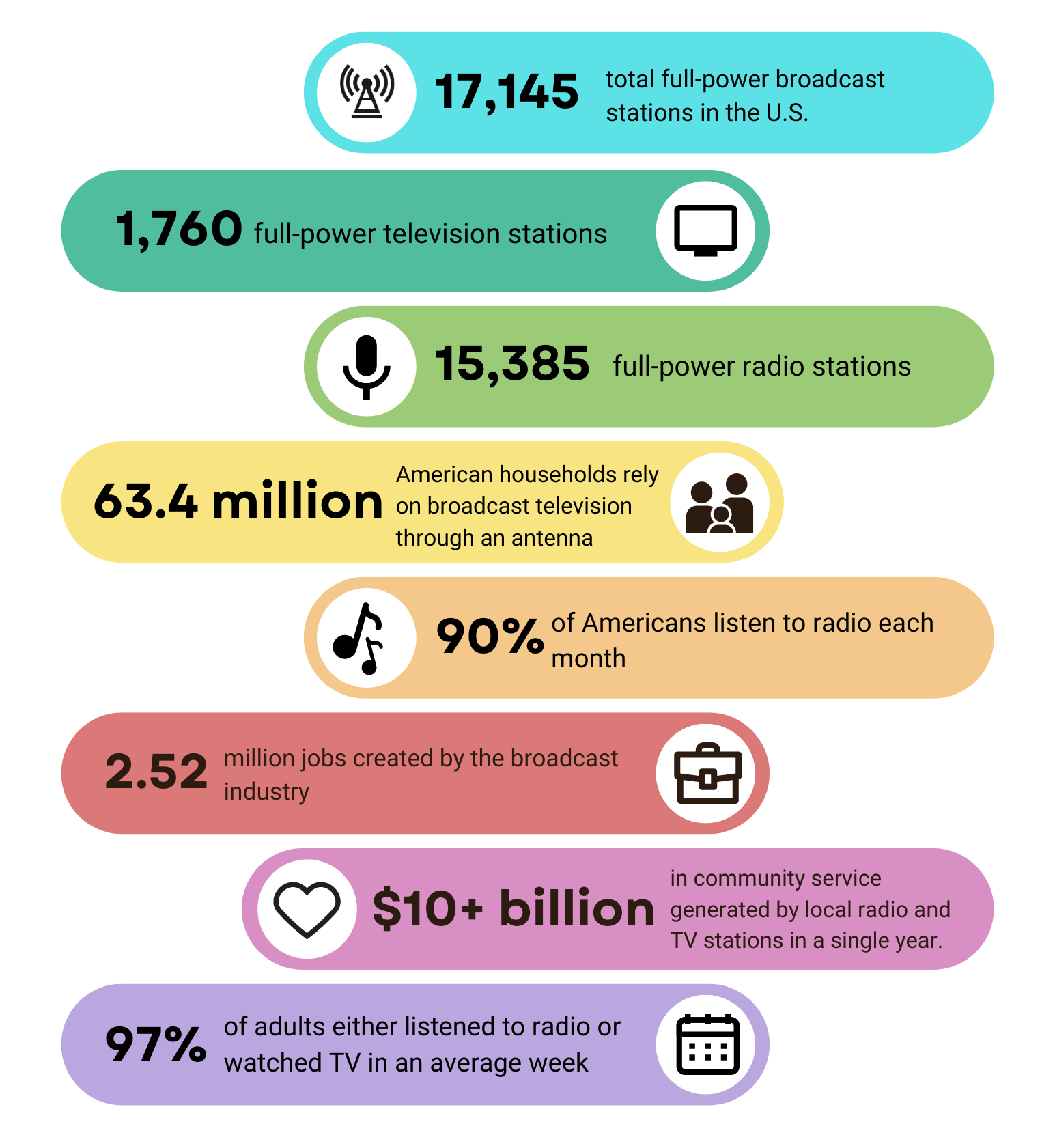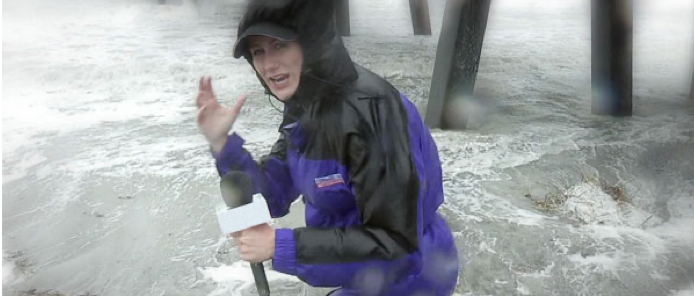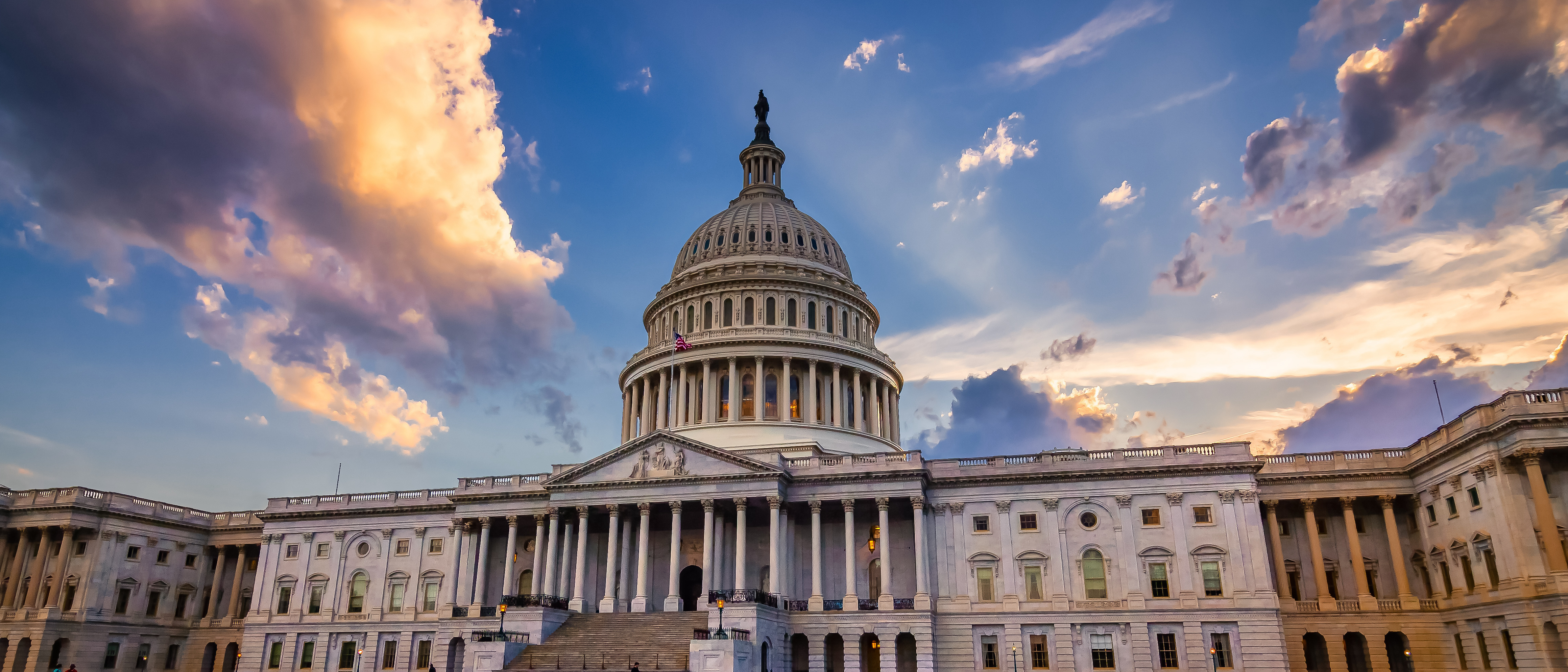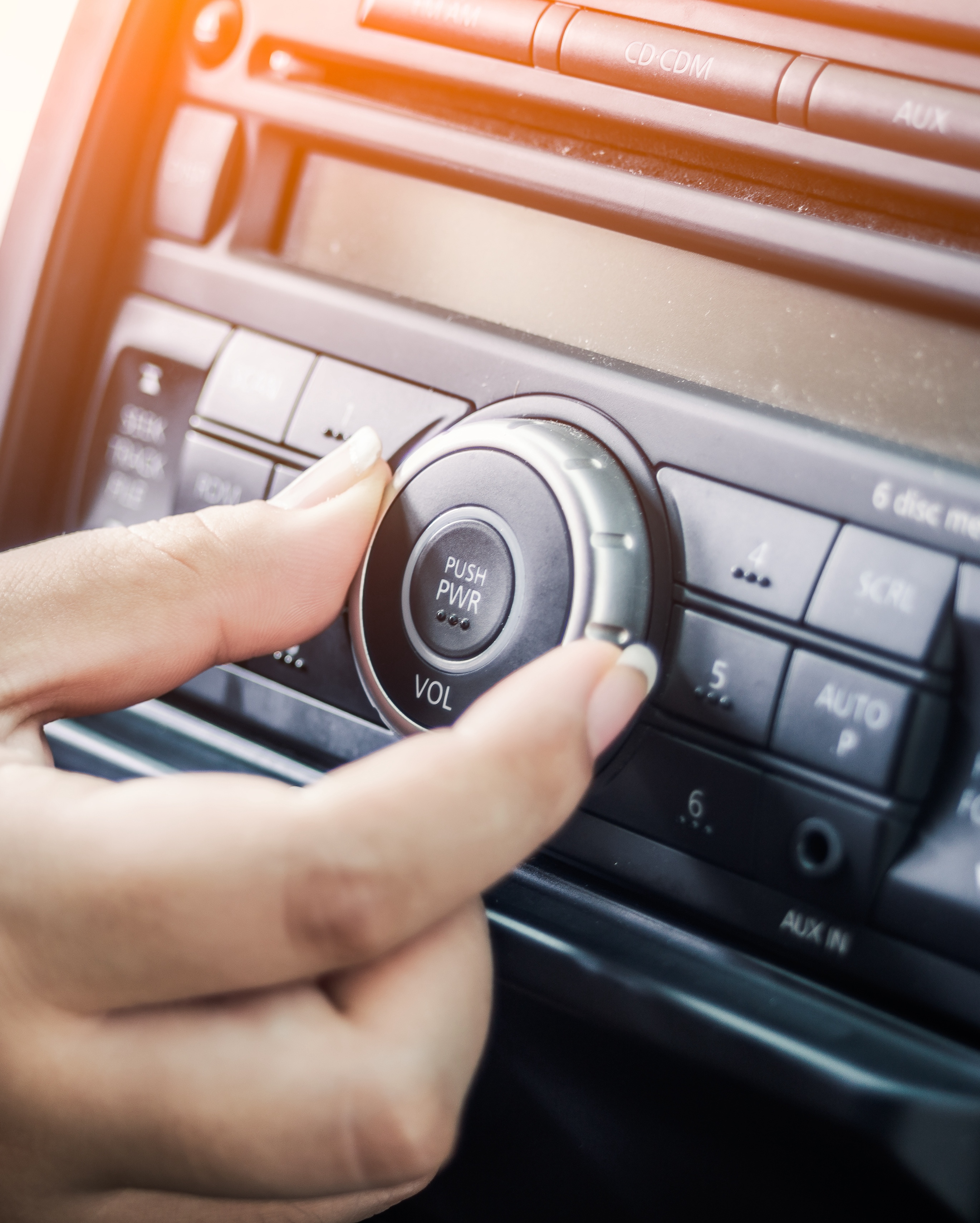
NAB Broadcasters' Policy Agenda
118th Congress
NAB Broadcasters' Policy Agenda
118th Congress
Every day across America, local radio and television stations are supporting their communities in essential ways.
Broadcasters are delivering trusted journalism and verified information about issues that impact Americans, playing an especially indispensable role during an election year.
They are inspiring and entertaining viewers and listeners with the most popular content.
And, they are offering a lifeline during times of crisis.
We are pleased to share this overview of broadcasters' important role in every community and our policy priorities in the 118th Congress that impact their ability to provide vital services to your constituents.
